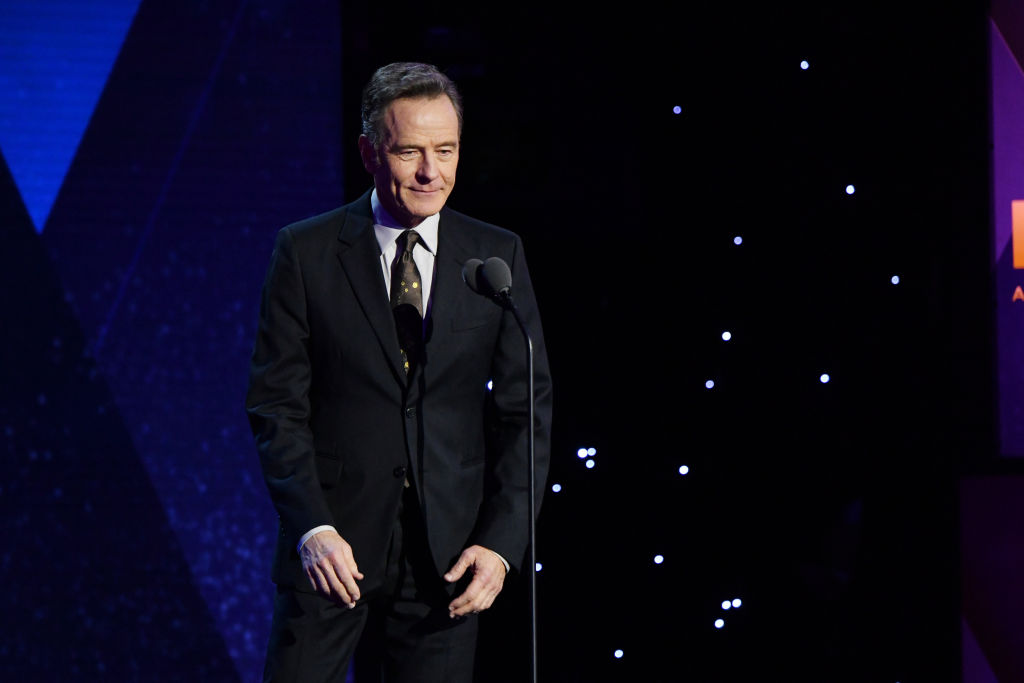Though he said the topic is “worthy for debate,” Bryan Cranston has defended playing a disabled character in his upcoming film The Upside.
Cranston, who plays a wheelchair-bound man with quadriplegia in the film, said there should be “more opportunities” for actors with disabilities but said his casting was a business decision.
“The real business dynamic of [hiring an able-bodied actor] is the choice of the studios to try to see if they can make an investment into a film that could bring a return,” Cranston told Yahoo. “Are there any actors who have reached any kind of star status to be able to be considered? I think by not coming up with an answer to that is the answer to that. There is a dearth of opportunity for actors with a disability.”
That said, Cranston maintained his job as an actor is to portray characters whose attributes and abilities are differed from his own.
“If I, as a straight, older person, and I’m wealthy, I’m very fortunate, does that mean I can’t play a person who is not wealthy, does that mean I can’t play a homosexual? I don’t know, where does the restriction apply, where is the line for that?” he told the Press Association.
For the role in The Upside, which also stars Kevin Hart and opens Friday, the 62-year-old actor spent time with a number of people with quadriplegia.
“I think having a conversation started is always a good thing,” Hart said. “In this particular case, bringing awareness to the fact that hey, we would love to see more disabled people given the opportunities to participate in the entertainment world, and potentially grow.”
This article was featured in the InsideHook newsletter. Sign up now.
